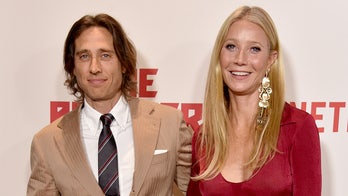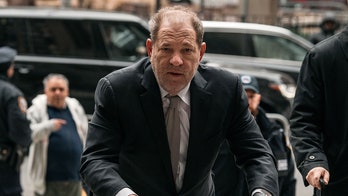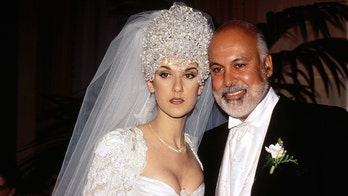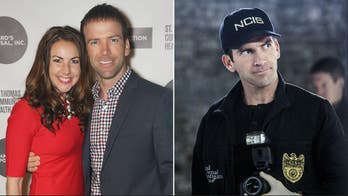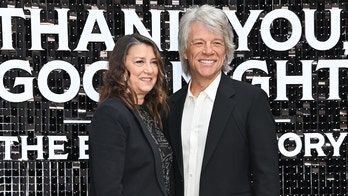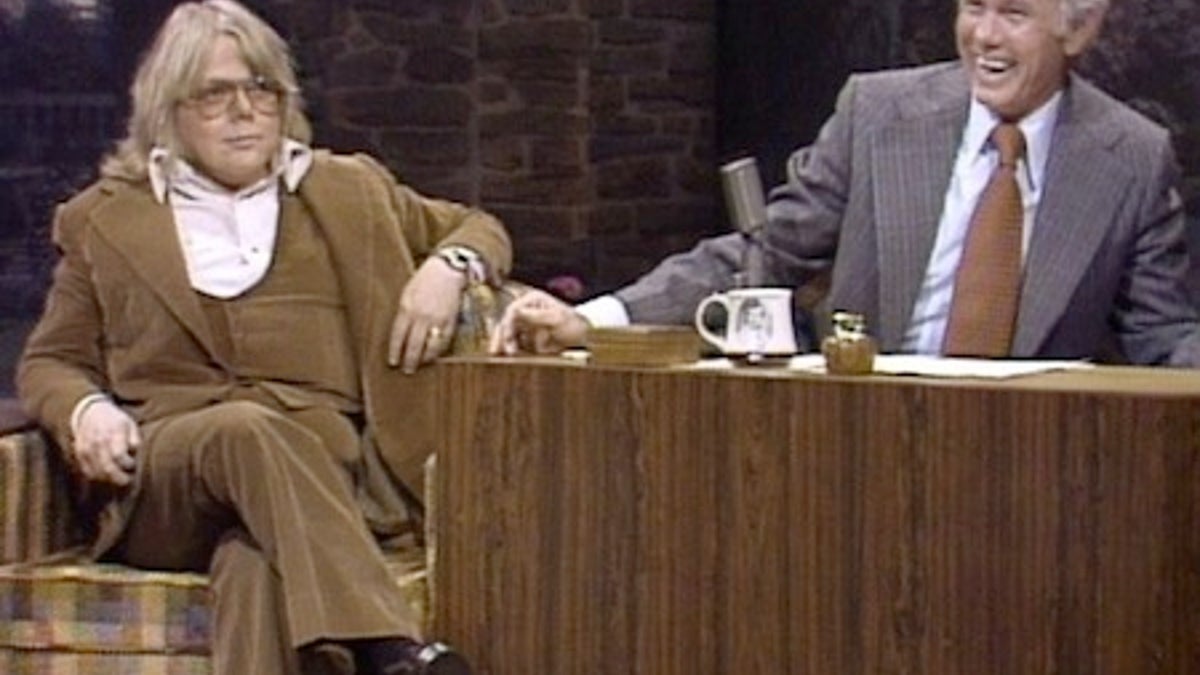
In the 1970’s songwriter Paul Williams was ubiquitous. He wrote and sang the bittersweet Muppets tune ‘Rainbow Connection,’ won an Oscar with Barbara Streisand for ‘Evergreen,’ sat on Johnny Carson’s couch countless times, and appeared on TV shows like ‘The Love Boat’ and ‘Policewoman.’
Then he disappeared.
Director Stephen Kessler (‘Vegas Vacation’) grew up worshiping the diminutive Williams and contacted him to do a documentary. Initially, Williams wasn’t interested, but eventually he relented. Their relationship, along with what happened to Williams, is portrayed in ‘Paul Williams Still Alive,’ a fascinating look at fame, addiction and recoWilliams, is portrayed in ‘Paul Williams Still Alive,’ a fascinating look at fame, addiction and recovery.very.
FOX411: You clearly did not want to do this documentary yet you changed your mind. Why?
Paul Williams: Stephen sent me an email, and there’s this wonderful kind of netherworld in emails where you can save them as new, you don’t have to say no, you don’t have to say yes.
In the beginning I thought there’s nothing more pathetic than a little old man saying, ‘Please sir may I have another cup of fame.’ My life is wonderful now; I don’t want to return to… I was clearly such a little media whore. It was like an addiction, all that attention was like an addiction, and until my other addiction to cocaine and vodka, it was thriving, and then I wound up hiding in my bedroom at three in the morning peering out the window.
I had all these reasons to not want to do it. But he showed up in Canada and it’s such a compliment and I thought if we did make this film it might be a nice chance to talk about recovery which is so important to me. I didn’t realize it would be like the ghosts of Christmas with some of the most awful footage of me, which would have disappeared if we hadn’t of put it in the film. The footage of me on the" Mike Douglas Show" is really hard for me to watch.
[pullquote]
FOX411: It's also hard to watch you with Dick Clark where you’re clearly under the influence.
PW: I had editing rights, so if I didn’t want that in there, it came out. There was a clip I didn’t want my daughter to see. I was joking about marital infidelity; I was just being the most vapid, arrogant ruthless horrible little asshole. Why would anyone want to make a film about that man? Fortunately, he didn’t make a film about that man.
FOX411: You’re a different person now and you sound so happy.
PW: With that piece of footage missing, I don’t think you’d get the complete arc. I’m glad it’s in there.
FOX411: Your songs have certain wistfulness. Did it have something to do with your height. (5'2")? It can’t have been easy growing up.
PW: I think there’s stuff that shapes us and sometimes it’s painful. I tried to write hit songs, but when I tried to write hit songs nobody recorded them. When I sat down and wrote something that came out of the center of my chest people responded, and there’s a great lesson in that. There’s a connection to the world through authenticity. Also, a lot of songs I wrote lyrics to other people’s music. That’s what I heard in the music, that longing that need to be loved.
FOX411: You have quite the relapse story in the film as well.
PW: I went to Jamaica when I was seven months sober. I was white knuckling it. I was writing a musical with a couple of guys and I stayed up all night chasing this song and melody that I thought was so wonderful, and I thought I had written a rock and roll classic. I got up after a little bit of sleep and I wandered down to the pool and I turned on the tape recorder and listened to it and I realized I had rewritten ‘O Little Town of Bethlehem.’
At that moment a waiter walked by in a little white jacket and these sparkling glasses and asked, ‘Perhaps you’d like something to drink, a rum and coke?’ And I went, ‘Yeah! I would love one!’ I’ve got an Oscar on my piano; I’ve got a star on Hollywood Boulevard. This is a big shot here. I can handle one rum and coke, which leads to two o’clock in the morning with me at Bob Marley’s grave explaining reggae to a lot of black people I didn’t know.
FOX411: How long did your relapse last?
PW: Over two years. I never came out of a blackout with a bunch of hookers. I came out of a blackout in the boys department at Sears trying on sweaters. In December 1989 I called a doctor during a blackout and said, ‘I need treatment,’ and he called me the next day. My first comment was, ‘Someone’s been using my body again,’ and he didn’t laugh and I didn’t laugh and I said, ‘You know what? I’m done. I need to get help. I’m dying here.’ And I haven’t had a drink since.
In March 1992 I took a Valium that belonged to a girlfriend and I said, ‘That qualifies as a slip,’ so I changed my date. It’s been 22 years. You can’t imagine my life today. I’ve been on the board of directors of ASCAP for about 12 years and the President for the last three. It’s a great opportunity to be of service. The two things I’m passionate about are recovery and music creator’s rights. My favorite thing about the film beyond the fact people are really entertained by it is that ultimately it gives me an opportunity to talk about those things.
FOX411: It seems drugs were so much a part of the Hollywood culture in the 70s and 80s.
PW: It is a part of where I came from, but the fact is I have to take responsibility for where I took it. A lot of other people quit. I don’t know when I crossed the line from use to abuse to addiction; probably in the early 80’s is when it got out of control. It is a disease but I can’t use that as an excuse for my behavior. The path that I chose, the places that cocaine and vodka took me, my behavior along the way, I’m responsible for. Part of my recovery was to make amends for that. That’s a real gift. You spilled it, you clean it up Pauly.
FOX411: This could be the makings of a great autobiography.
PW: There’s been talk of it for a while, and I wasn’t sure I wanted to write it. I think under the right circumstances now it might make a very good idea.

